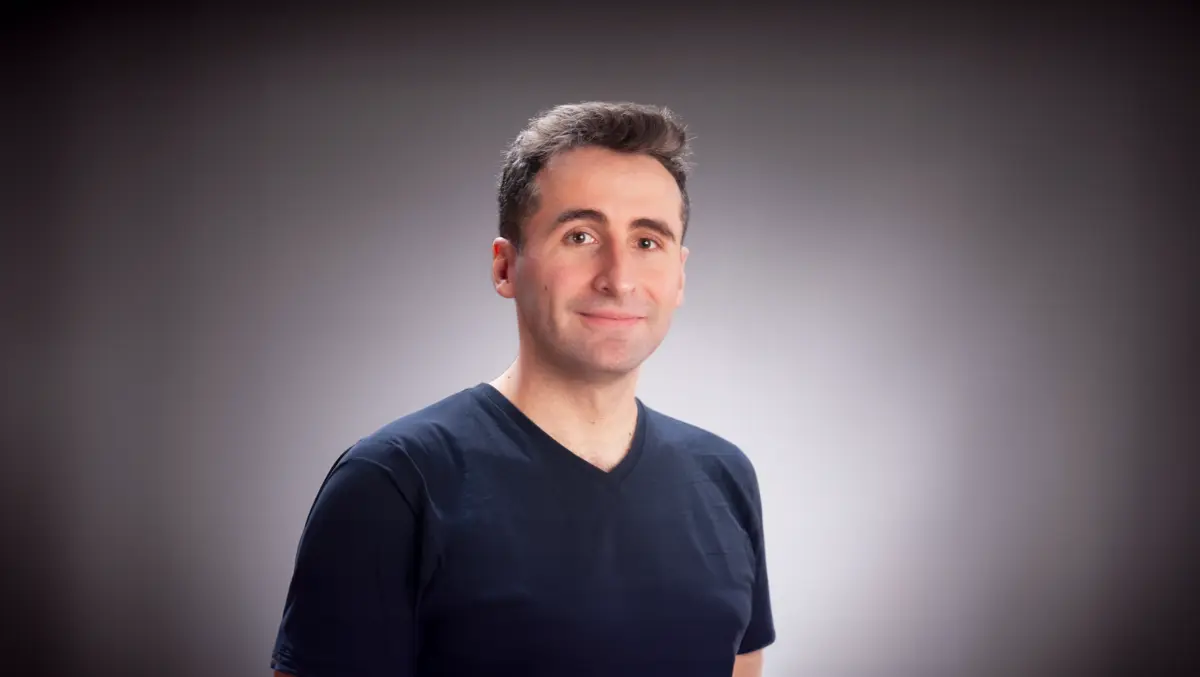One of New Zealand's leading AI experts has provided a glimpse into the future of artificial intelligence, its transformative landscape, job market impacts, and ethical considerations.
Artificial intelligence (AI) is a topic that both excites and concerns people worldwide, and New Zealand is no exception.
Victoria University of Wellington professor Heitor Gomes shared his insights in an exclusive interview with TechDay on the current AI landscape, its implications for job markets, and the ethical questions it raises. In a recent interview, Gomes provided a detailed perspective on how AI is reshaping industries and what we might expect in the near future.
A Growing Influence
"AI is becoming more integrated into daily life, not just in New Zealand, but globally," Gomes began. He pointed out that while AI has been present for decades, it was often behind the scenes, such as in credit scoring systems. Today, however, AI applications like natural language processing and image generation are capturing widespread attention because they are more visible and interactive.
"People are more actively interacting with AI agents, recognising them as AI agents," he said. "Previously, machine learning was often hidden, but now it's out in the open with tools like chatbots that people use daily."
New Zealand's Unique Contribution
Gomes highlighted New Zealand's significant role in the global AI community. "A lot of people don't know this, but New Zealand has made substantial contributions to AI and technology," he said. One of the most notable is the development of Weka, an open-source software for machine learning and data mining, by a team at the University of Waikato. "Weka was one of the first tools that democratised access to cutting-edge machine learning algorithms, inspiring many subsequent open-source platforms."
He also noted the strong AI research presence in New Zealand's universities, including Victoria, Waikato, Auckland, Canterbury, and Otago. "There's a lot of applied research focused on areas like agriculture, but also significant fundamental research developing new methods and software."
Excitement and Ethical Concerns
When asked about his feelings on AI's progress, Gomes expressed more excitement than fear. "I think it's exciting because I'm in the middle of it," he admitted.
"I don't share the fear that machines will take over and start telling us what to do."
However, he acknowledged the risks, such as the potential for militarisation and privacy concerns related to the use of AI assistants.
Gomes highlighted a significant issue with current AI usage: "A lot of people working in government agencies, for example, might copy and paste text into AI tools like ChatGPT without realising that the data could be used to retrain models, leading to unintended leaks of private information."
Future Societal Changes
Looking ahead, Gomes believes AI will lead to major societal changes within the next five years. "AI will have a significant role, whether for better or worse. People are more aware of AI in their daily lives, and jobs will change as a result," he said. "For instance, designers who dislike AI-generated images will have to learn to incorporate these tools into their creative processes to stay competitive."
Gomes offered advice for those concerned about job security: "If your work involves repetitive manual tasks, you might want to update your skills and learn how to use these new AI tools. Being familiar with AI can help you stay relevant."
AI's Impact on Creativity and Education
One of the more delicate topics Gomes addressed was AI's impact on creative industries. "AI can serve as an assistant in the creative process," he said. "It can help generate rough drafts or modify ideas, but it doesn't replace the expertise and creativity of a human."
He also expressed concern that AI might deter young people from pursuing careers in creative fields. "If AI scares people away from pursuing their dreams, it's not great. AI should be seen as a tool that can enhance their work rather than replace it."
When listing the pros and cons of AI, Gomes identified several key benefits:
- Assistance in the Creative Process: AI can help artists and writers generate ideas and drafts.
- Healthcare and Industry Applications: AI can make accurate predictions and assist in various sectors, improving efficiency and outcomes.
- Accessibility: Open-source AI tools make advanced technology accessible to a broader audience.
Consequences:
- Privacy Concerns: AI tools can inadvertently leak private information if not used carefully.
- Job Displacement: AI can change or eliminate certain jobs, especially those involving repetitive tasks.
- Ethical Issues: The rapid advancement of AI technology raises significant ethical questions that society must address.
Looking to the Future
Gomes is particularly excited about his work in adaptive machine learning.
"I'm working on algorithms that can adapt to changes in their environment with minimal human intervention," he explained. He's also passionate about open-source projects, making AI research accessible to a global audience.
As for the future of AI, Gomes believes that the next big challenge is achieving artificial general intelligence (AGI), where AI systems can reason and solve new problems independently.
"It's a goal many are pursuing, but we are still several years away from it," he admits. "For now, improving existing AI systems and ensuring their ethical use is crucial."
Gomes urged the importance of ethical considerations in AI development.
"Beyond technical challenges, we need an ethical framework to guide AI's impact on society. Researchers, policymakers, and the public must all engage in this conversation."



